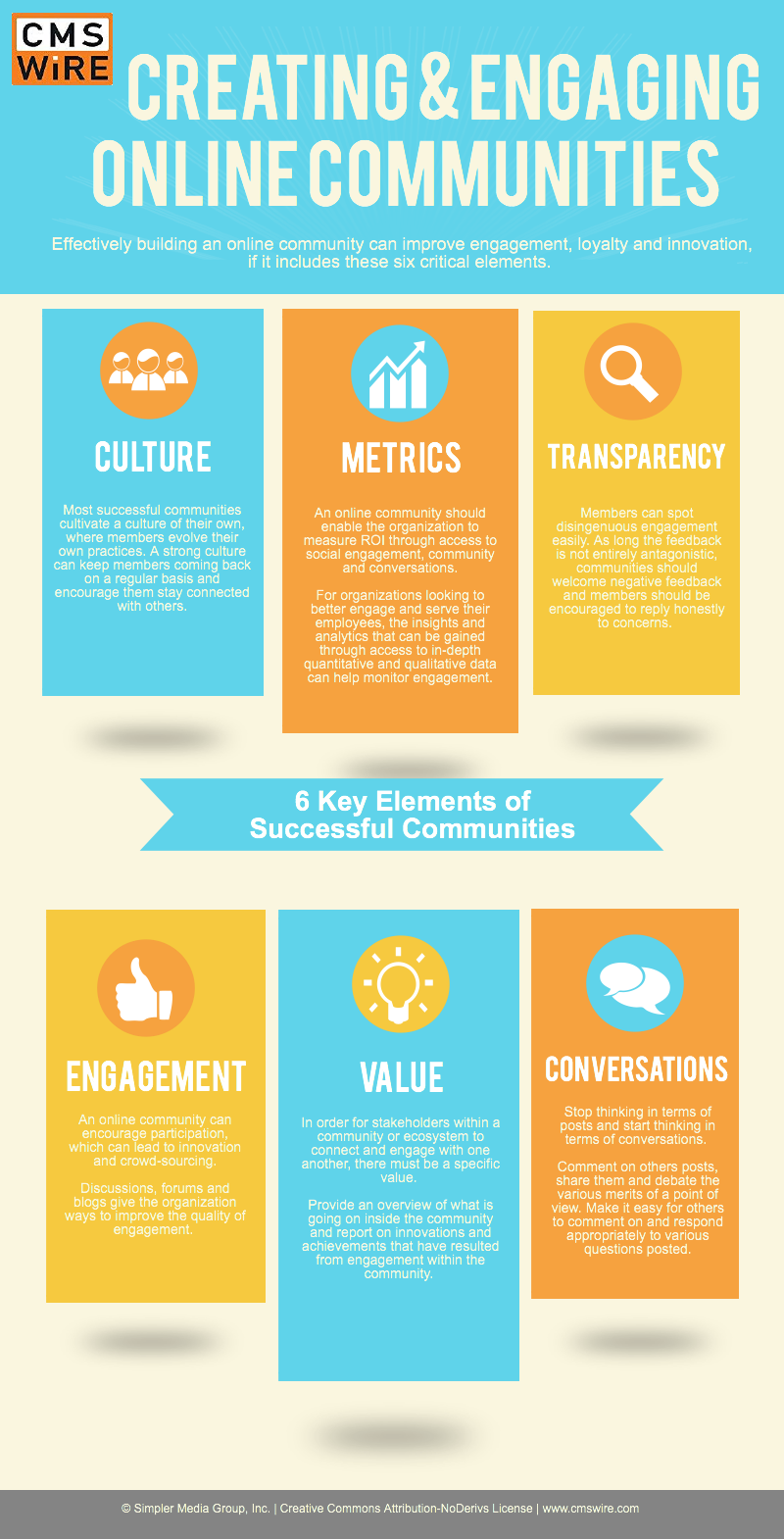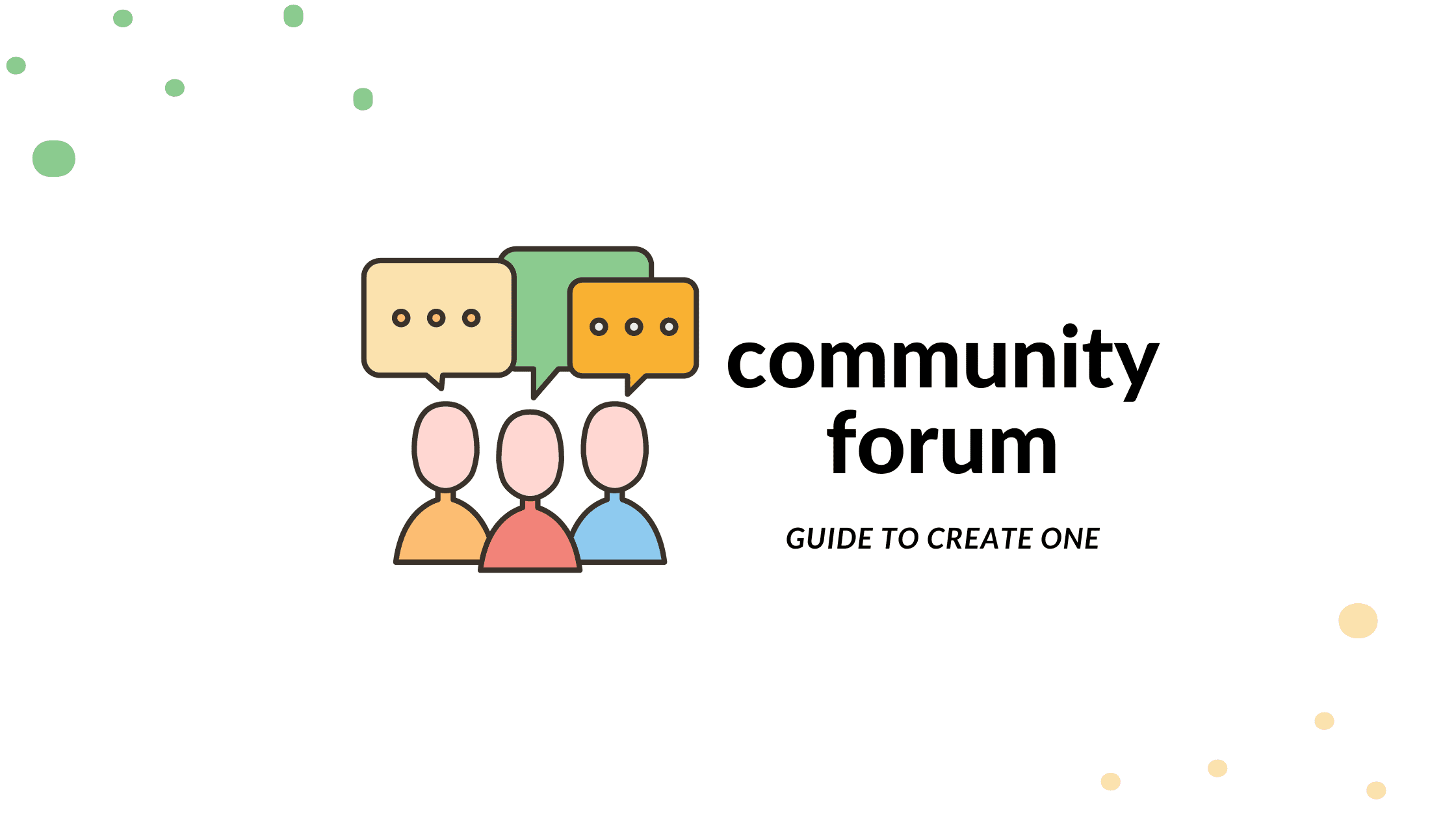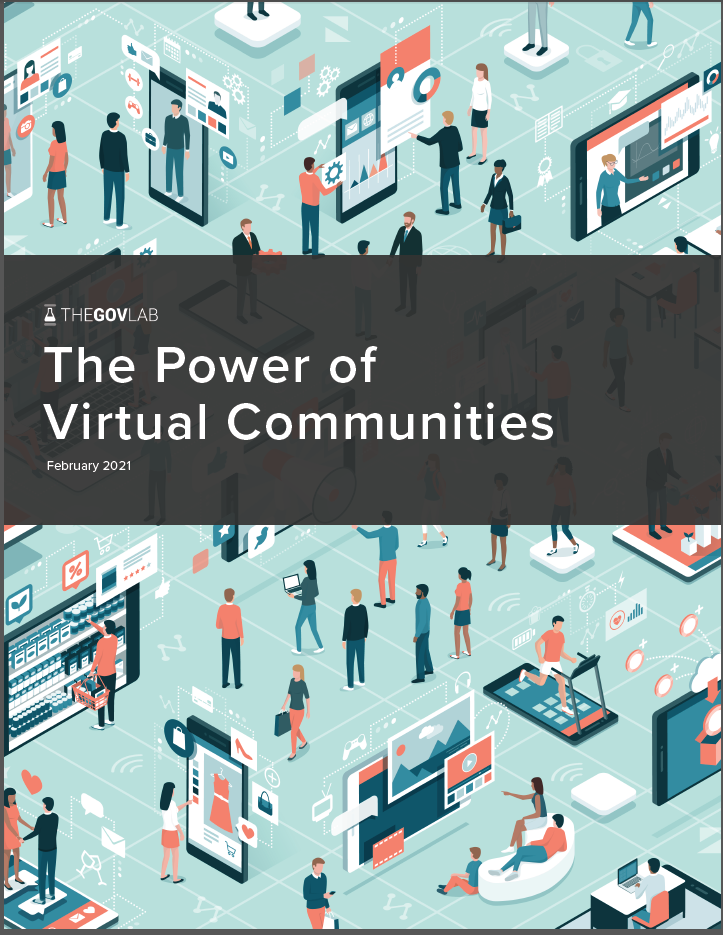Navigating The Forum: A Comprehensive Guide To Understanding And Utilizing Online Communities
Navigating the Forum: A Comprehensive Guide to Understanding and Utilizing Online Communities
Related Articles: Navigating the Forum: A Comprehensive Guide to Understanding and Utilizing Online Communities
Introduction
With enthusiasm, let’s navigate through the intriguing topic related to Navigating the Forum: A Comprehensive Guide to Understanding and Utilizing Online Communities. Let’s weave interesting information and offer fresh perspectives to the readers.
Table of Content
Navigating the Forum: A Comprehensive Guide to Understanding and Utilizing Online Communities

The internet, a vast and interconnected network of information, has revolutionized the way we communicate and share knowledge. Within this digital landscape, online forums have emerged as vibrant hubs of discussion, offering a platform for individuals with shared interests to connect, engage, and exchange ideas. Understanding the structure and dynamics of these forums is crucial for navigating their complexities and leveraging their potential.
This article aims to provide a comprehensive guide to online forums, exploring their layout, functionalities, and the benefits they offer. By demystifying the intricacies of these digital spaces, we can better understand their value and utilize them effectively for learning, collaboration, and community building.
The Anatomy of an Online Forum:
At its core, an online forum is a structured platform designed for facilitating discussions. The most common structure involves a hierarchical organization, typically comprised of the following elements:
- Categories: Forums are often categorized by topic, providing a clear framework for organizing discussions. Examples include "Technology," "Gaming," "Health," or "Travel."
- Subforums: Within each category, subforums further refine the focus, allowing for more specialized discussions. For instance, within the "Technology" category, there might be subforums for "Software," "Hardware," or "Networking."
- Threads: Individual topics of discussion are presented as threads, each containing a series of posts. A new thread is created when a user initiates a discussion by posting their initial message, known as the "first post" or "original post."
- Posts: Within each thread, users contribute their thoughts and insights by posting replies, known as "posts." These posts can be replies to the original post or responses to other user contributions.
- Profiles: Users typically create profiles that display their username, avatar, and potentially other personal information. Profiles allow for user identification and tracking of their contributions within the forum.
- Search Functionality: Forums often include a search function that enables users to locate specific threads or posts based on keywords or phrases. This tool is invaluable for finding information quickly and efficiently.
- Moderation: To maintain order and quality within the forum, moderators are appointed to oversee discussions, enforce forum rules, and address any inappropriate behavior.
Understanding Forum Dynamics:
Beyond the structural elements, forum dynamics play a crucial role in shaping the user experience. Key aspects to consider include:
- Community Norms: Every forum develops its own set of unwritten rules and expectations, often referred to as "netiquette." These norms govern communication style, appropriate content, and general behavior within the community.
- User Roles: Forums often have different user roles, ranging from regular users to moderators and administrators. These roles dictate the level of access and control users have within the forum.
- Reputation Systems: Some forums utilize reputation systems, allowing users to earn points or badges based on their contributions and engagement. These systems can influence user standing and visibility within the community.
- Communication Styles: Forum discussions can vary greatly in their tone and formality. Some forums are known for their friendly and informal atmosphere, while others maintain a more professional and formal tone.
The Benefits of Engaging in Online Forums:
Online forums offer a plethora of benefits, attracting users from diverse backgrounds and motivations. Some of the key advantages include:
- Access to Information: Forums provide a rich source of information and insights on a wide range of topics. Users can benefit from the collective knowledge and experiences shared by other members.
- Community Building: Forums foster a sense of community by connecting individuals with shared interests. This shared passion creates a platform for collaboration, support, and mutual learning.
- Problem-Solving and Support: Forums can be invaluable for troubleshooting problems, seeking advice, and finding solutions to technical or personal challenges. Users can tap into the collective expertise of the community for guidance and support.
- Networking Opportunities: Forums offer opportunities to connect with like-minded individuals, expanding professional and social networks. This can be particularly beneficial for career development or finding new collaborators.
- Personal Growth and Development: Participating in forum discussions can enhance communication skills, critical thinking abilities, and overall knowledge. The exchange of ideas and perspectives can foster personal growth and intellectual development.
FAQs about Online Forums:
-
How do I find a forum that aligns with my interests?
- Start by identifying your interests and conducting online searches using relevant keywords. Websites like Reddit, Quora, and specialized forum platforms can be helpful resources.
-
What are some tips for participating in forum discussions effectively?
- Read the forum rules and guidelines carefully before posting.
- Be respectful and avoid offensive language or personal attacks.
- Contribute valuable content and engage in constructive discussions.
- Use clear and concise language.
- Be patient and avoid rushing into heated debates.
-
What are the potential risks associated with online forums?
- Forums can be susceptible to spam, misinformation, and trolling.
- It’s important to be cautious about sharing personal information and to be aware of potential scams.
- Maintaining a healthy balance between online engagement and real-life activities is crucial.
Tips for Utilizing Online Forums Effectively:
- Choose forums that align with your interests and goals.
- Read forum rules and guidelines carefully.
- Contribute valuable content and engage in constructive discussions.
- Use clear and concise language and avoid jargon.
- Be respectful and avoid personal attacks.
- Be patient and avoid rushing into debates.
- Use the search function to find relevant information.
- Consider starting your own thread if you have a unique question or topic to discuss.
- Be mindful of your online presence and avoid sharing sensitive information.
Conclusion:
Online forums, with their diverse structures and dynamics, offer a unique and valuable platform for communication, collaboration, and community building. By understanding their layout, functionalities, and the benefits they offer, we can effectively navigate these digital spaces, leveraging their potential for learning, problem-solving, and personal growth. As we continue to navigate the interconnected world of the internet, online forums will undoubtedly remain a vital resource for connecting with others and sharing knowledge, fostering a sense of community and driving positive change.








Closure
Thus, we hope this article has provided valuable insights into Navigating the Forum: A Comprehensive Guide to Understanding and Utilizing Online Communities. We hope you find this article informative and beneficial. See you in our next article!